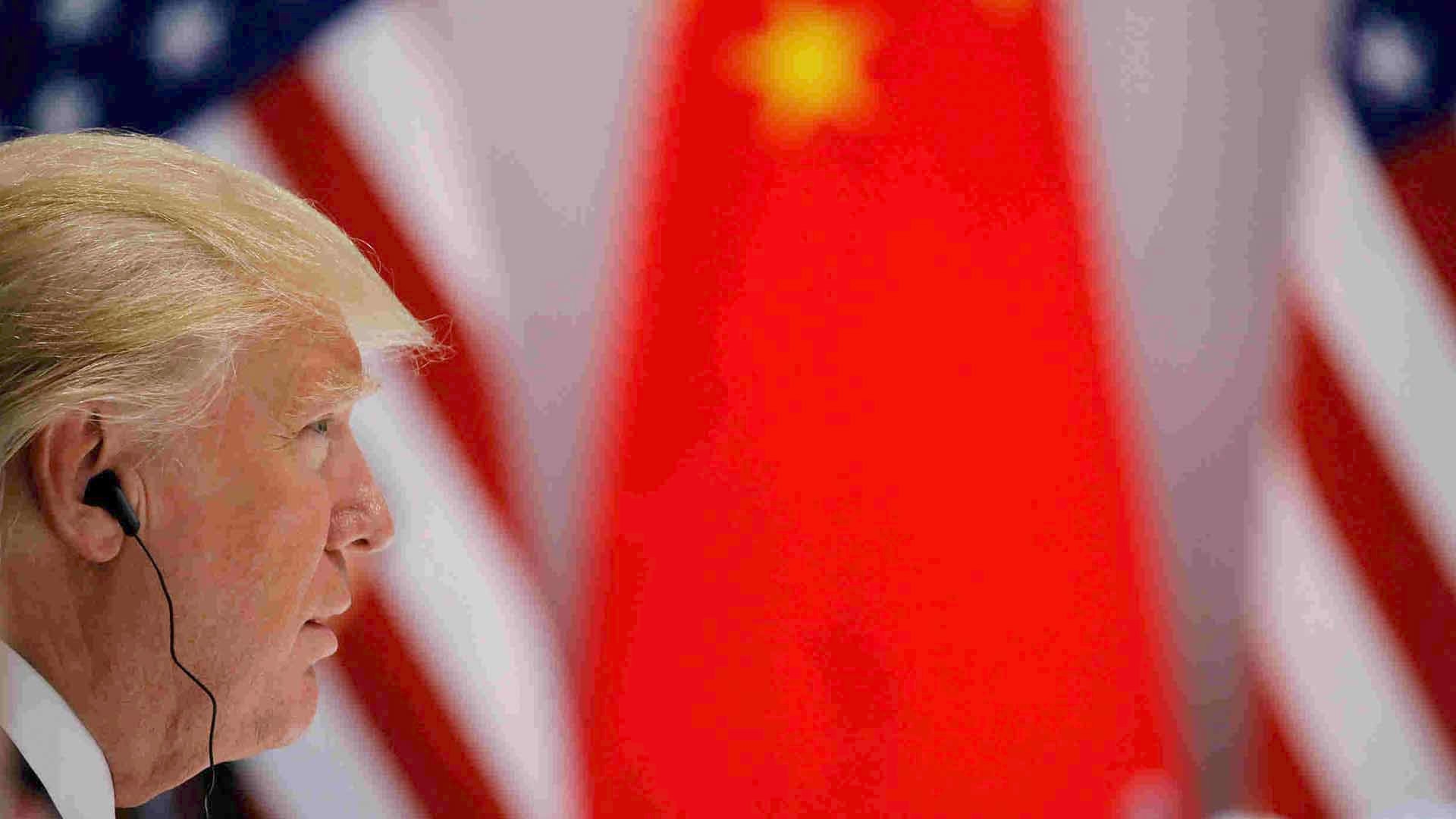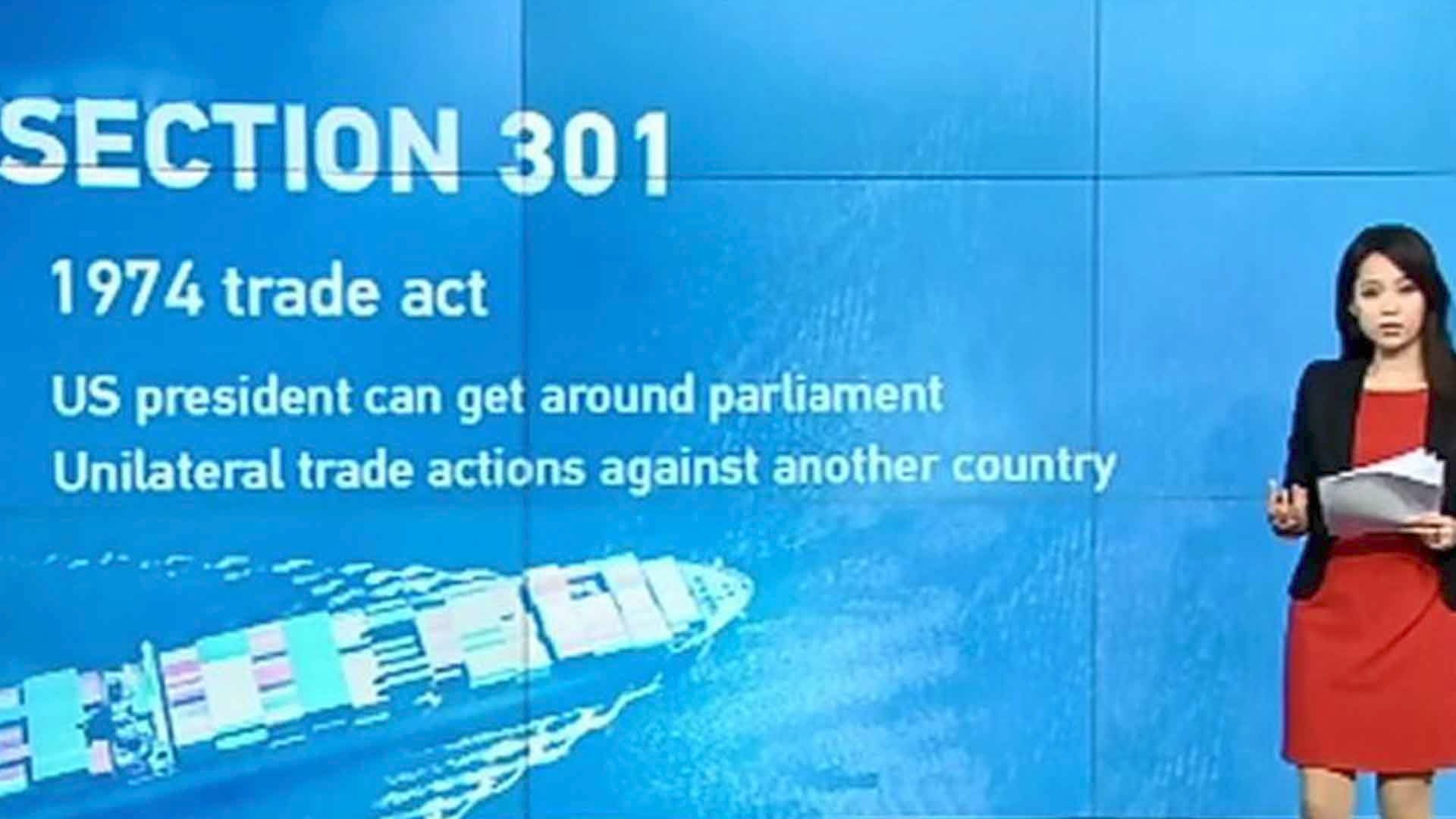
Business
20:31, 14-Aug-2017
Sacrifice US-China trade relations over DPRK issue? Analysts say not worth it
By CGTN’s Gao Songya

US President Donald Trump is reportedly to raise a trade probe against China on Monday after officials last week said China violated US intellectual property rights and forced technology transfers.
Trump is likely to open the investigation under Section 301 of the 1974 Trade Act, which allows the president to remove any burden on free trade held by any foreign government without congressional approval.

The pending investigation comes at a time when tensions between the DPRK and the US are escalating, and many analysts and media reports assume Trump might be using this as an excuse to pressure China to act on the DPRK.
The US has used Section 301 in the 1980s against Japanese motorcycle makers to protect American manufacturer Harley-Davison. But the law has rarely been used over the past two decades as it has been outdated by the World Trade Organization (WTO) stepping in to resolve dispute.
Trump may also take this chance to realize one of his campaign promises – increasing US trade volumes, said Liu Zhiqin, Senior Fellow at Chongyang Institute for Financial Studies of Renmin University of China.
Liu believes that the trade probe will serve China an opportunity, instead of a barrier.

“After years of investigations from Europe and the US, China learned a lot from the bad things, and the companies actually got better and learned experiences,” said Liu.
The Business Insider said the investigation “will be seen as an act of aggression” if it is based on a protocol that’s obsoleted with the formation of the WTO, and angering China will not de-escalate tensions with the DPRK.
The Brookings institute said this would harm US firms, too, and would push China further away when it comes to the DPRK issues.
Citigroup said it was not necessary for the US to take the risk of a trade war with China just to get tough on the DPRK.
Meanwhile, China’s Commerce Ministry announced on Monday a ban on DPRK's imports of coal, iron, iron ore, lead, lead ore and aquatic products from August 15.
(Xia Cheng contributed to the story)

SITEMAP
Copyright © 2018 CGTN. Beijing ICP prepared NO.16065310-3
Copyright © 2018 CGTN. Beijing ICP prepared NO.16065310-3